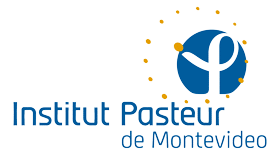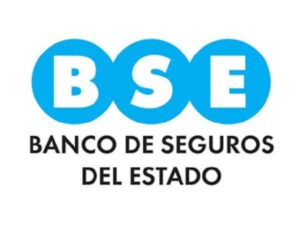Microbial Genomics
The Microbial Genomics Laboratory is focused on the study of the microbial world (mainly bacteria), given the relevance of microorganisms for both human and livestock health. To achieve this we use genomics, metagenomics, bioinformatics and bacteriology as fundamental tools. The information we generate help us to understand the underlying evolutionary mechanisms that shape the acquisition of antibiotic resistance, host adaptation and transmission between hosts and the environment. Accordingly, our work contributes to generate new diagnostic approaches for infectious disease, to understand epidemiological patterns of bacterial infections and to identify biomarkers in microbial communities associated to several diseases.
Finances:
Members








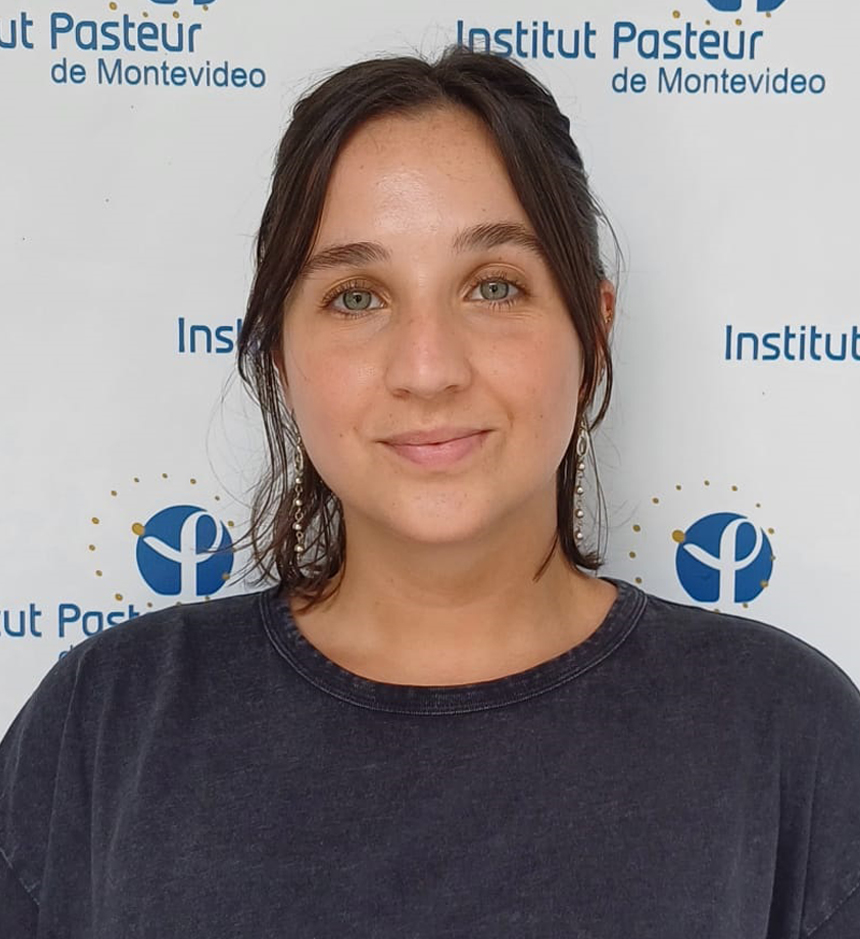
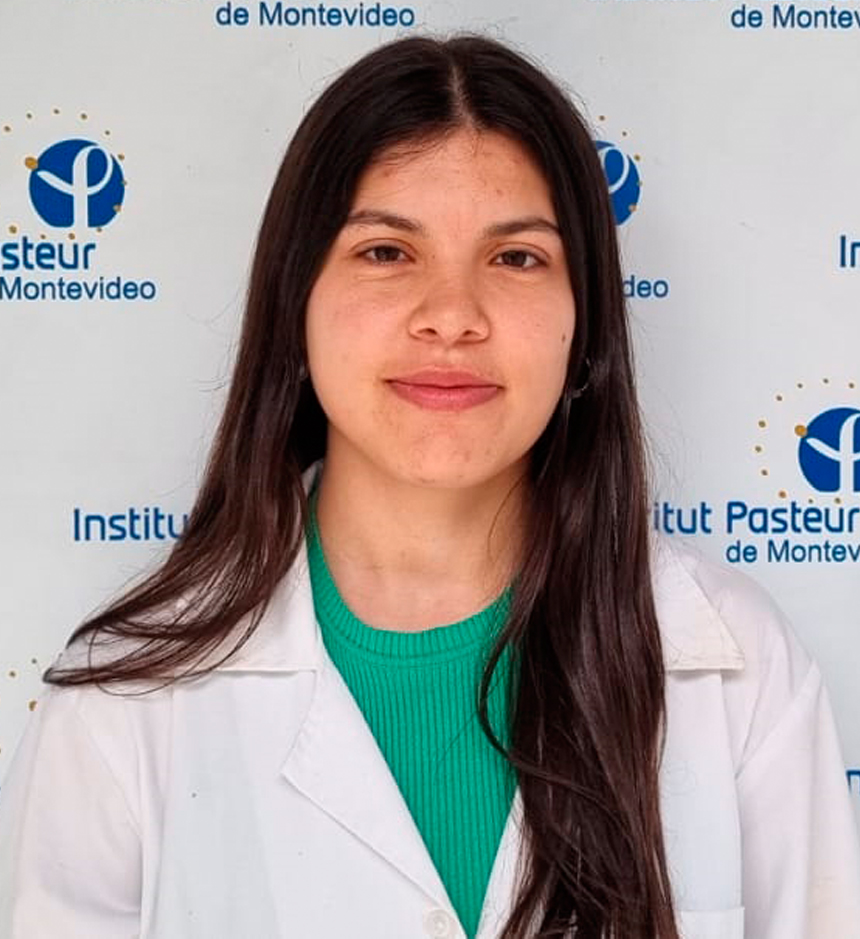
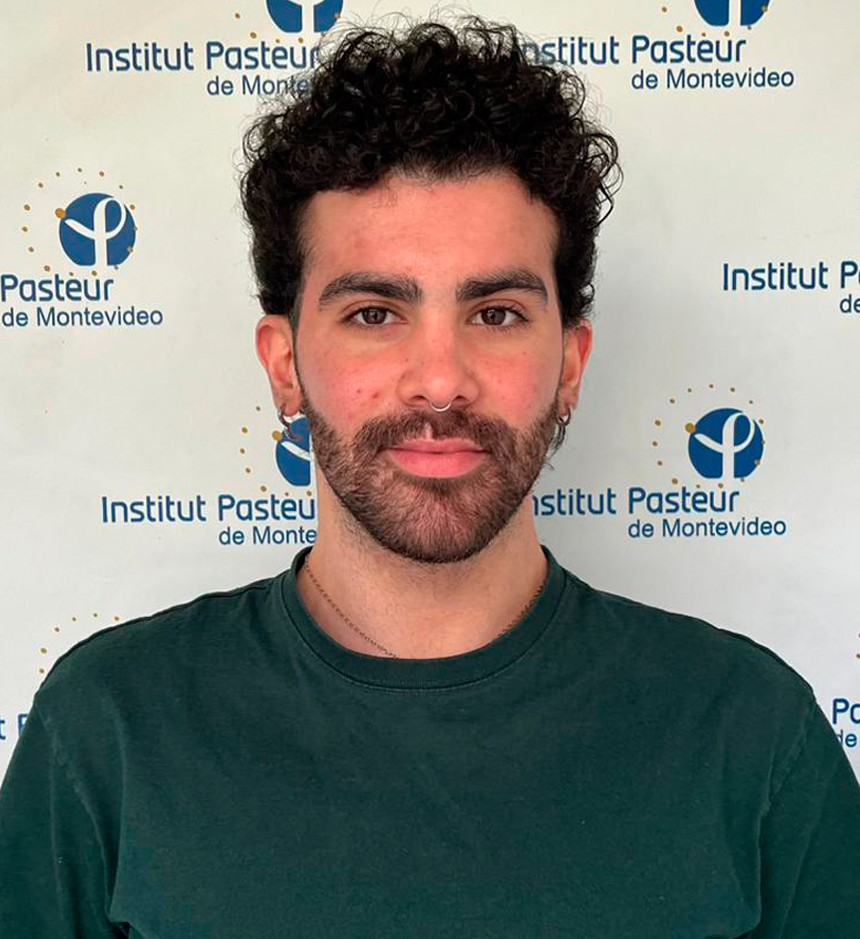
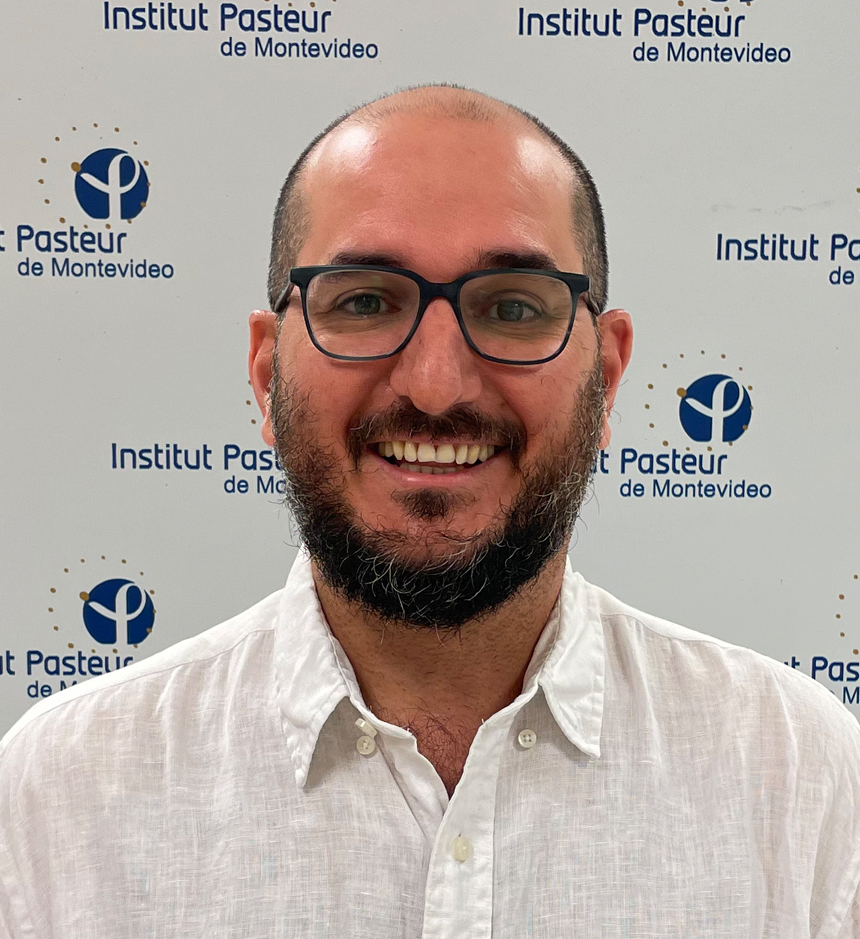

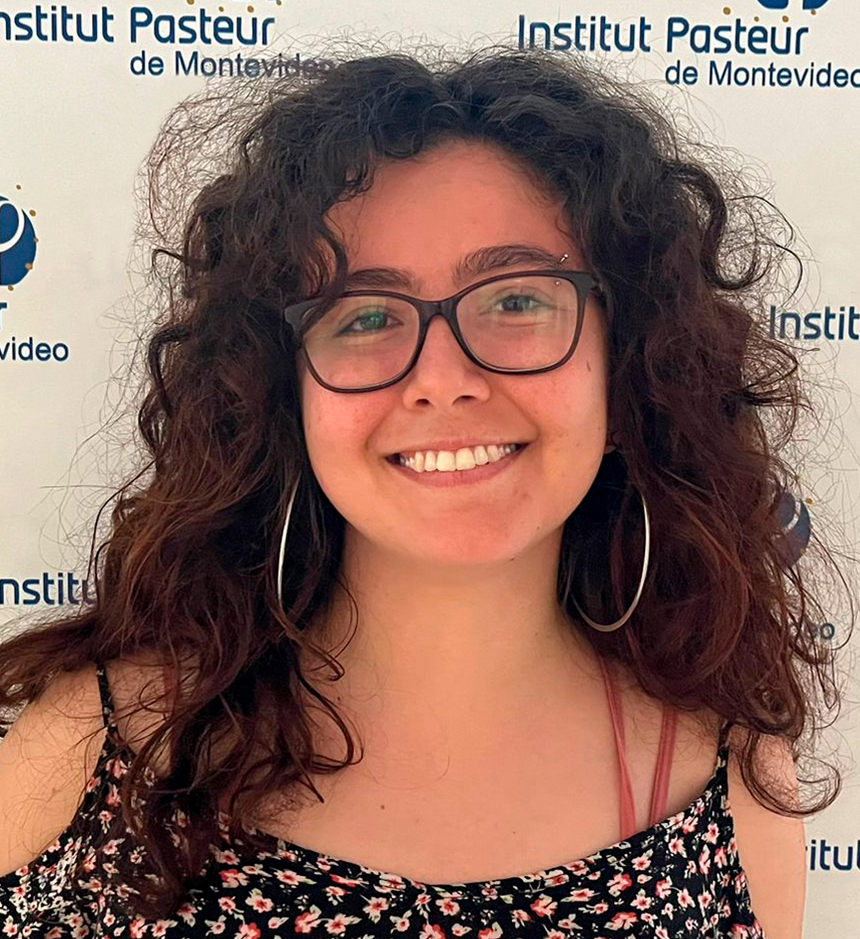
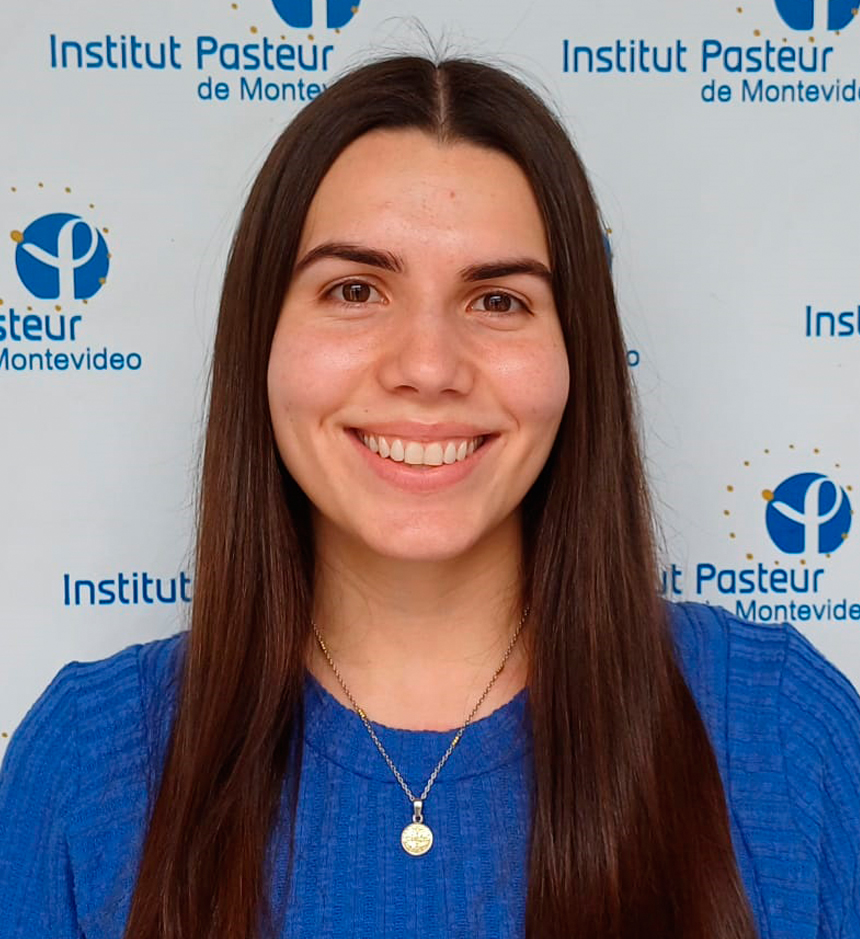
Research lines
The research activities are primarily focused on the microbiome across human, animal, and environmental systems, with a strong emphasis on health, disease, and the discovery of novel antimicrobial agents.
Human Microbiome and its association with health and disease Study of the human microbiome in the context of health and disease. We study the role of microorganisms and microbial biomarkers associated with different health/disease contexts.
Relevant microbial populations in the gut health of the Uruguayan population.
Microbiome as a source for new antibiotics. Intestinal microbiome as a reservoir for new antibiotic compounds. Study of new antibiotic compounds and proteins identified from intestinal microorganisms with antimicrobial activity against multidrug-resistant ESKAPE bacteria.
Animal and environmental microbiome
Study of the animal gut microbiome and its role in health.
Environmental microbiome and the impact of soil use.
Projects
2024-Ongoing “Tell me who your friends are, and I'll tell you who you are: influence of the microbiota on the pathogenicity of Blastocystis spp. and its effect on the human intestinal epithelium.” Transversal. Responsible: Romina Pagotto, Co-responsible: Nadia Riera
2024-Ongoing “Population genomic and phenotypic characterization of Catenibacterium.” Fondo Clemente Estable, National Agency for Research and Innovation (ANII). Responsible: Matías Giménez. Co-responsible: Daniela Costa.
2023-Ongoing “Characterization of the intestinal microbiome and its role in autism
spectrum disorder in Uruguay.” Despegue científico (Scientific Take-off), PEDECIBA.
Responsible: Nadia Riera
2023-2025 “Identification and validation of new intestinal health biomarkers for the early diagnosis of autism.” Fondo Sectorial de Salud (Health Sector Fund), National Agency for Research and Innovation (ANII). Responsible: Nadia Riera.
2019-2024 “Role of the intestinal microbiota in the response to cancer immunotherapy in Uruguay.” ANII-GSK Fund. Responsible: Nadia Riera.
2019-actual – “Latinbiota: understanding the evolution, transmission and antibiotic resistance of microbiota-associated pathogens in South American LMICs”. Responsible: Gregorio Iraola. Wellcome Sanger Institute.
2017-actual – “Genomic epidemiology of Clostridium difficile infections in Latin America”. Responsible: Gregorio Iraola. Wellcome Sanger Institute.
2017-actual – “A platform for the incubation of applied project for environmental monitoring using metagenomics”. Responsibles: Gastón Gonnet, Gregorio Iraola.
ANII.
2017-actual – “A platform for the incubation of applied project for environmental monitoring using metagenomics”. Responsible: Mathieu Picardeau. RIIP-PTR.
2017-2019 – “Characterization of genotype-phenotype associations in Campylobacter fetus strains causing systemic infections in humans”. Responsible: Gregorio Iraola. DC2C-FVF.
2016-2019 – “Development and validation of methodologies for the diagnosis and control of bovine genital campylobacteriosis”. Responsibles: Lucía Calleros, Gregorio Iraola. ANII-FSSA.
2016-2019 – “Genomic evolution of Mycobacterium avium subsp. paratuberculosis in
wild and farm animals”. Responsible: Pablo Fresia. ANII-FCE.
Main publications
vacio
2024
Riera N, Salazar C, Rivera B, Galiana A, Durán R, Portela MM, Antelo V, Pi B, González O,
Iraola G, Genetically divergent Francisella philomiragia associated with septic arthritis,
Montevideo, Uruguay, New Microbes and New Infections, Volume 57, 2024, 101210, ISSN
2052-2975, https://doi.org/10.1016/j.nmni.2023.101210.
2023
Riera N, Davyt D, Durán R, Iraola G, Lemanceau P and Bajsa N (2023) An antibiotic produced by Pseudomonas fluorescens CFBP2392 with antifungal activity against Rhizoctonia solani. Front. Microbiol. 14:1286926. https://doi.org/10.3389/fmicb.2023.1286926
2022
Salazar, C., Giménez, M., Riera, N. et al. Human microbiota drives hospital-associated antimicrobial resistance dissemination in the urban environment and mirrors patient case rates. Microbiome 10, 208 (2022). https://doi.org/10.1186/s40168-022-01407-8
2019
- Fresia, P., Antelo, V., Salazar, C., Giménez, M., D’Alessandro, B., Afshinnekoo, E., … & Iraola, G. (2019). Urban metagenomics uncover antibiotic resistance reservoirs in coastal beach and sewagewaters. Microbiome, 7(1), 35.
2018
- Diaz-Viraque, F., Pita, S., Greif, G., de Souza, R. D. C. M., Iraola, G., & Robello, C. (2018). Nanopore sequencing significantly improves genome assembly of the eukaryotic protozoan parasite Trypanosoma cruzi. BioRxiv, 489534.
- Antelo, V., Salazar, C., Martínez, A., D’Alessandro, B., Castro, M., Betancor, L., … & Iraola, G. (2018). First release of the bacterial biobank of the urban environment (BBUE). Microbiology Resource Announcements, 7(16), e01201-18.
- Ferrés, I., & Iraola, G. (2018). MLSTar: automatic multilocus sequence typing of bacterial genomes in R. PeerJ, 6, e5098.
- Iraola, G., & Kumar, N. (2018). Surveying what’s flushed away. Nature Reviews Microbiology, 16(8), 456.
- Thibeaux, R., Iraola, G., Ferrés, I., Bierque, E., Girault, D., Soupé-Gilbert, M. E., … & Goarant, C. (2018). Deciphering the unexplored Leptospira diversity from soils uncovers genomic evolution to virulence. Microbial Genomics, 4(1).
2017
- Iraola, G., Forster, S. C., Kumar, N., Lehours, P., Bekal, S., García-Peña, F. J., … & Vidal, A. (2017). Distinct Campylobacter fetus lineages adapted as livestock pathogens and human pathobionts in the intestinal microbiota. Nature Communications, 8(1), 1367.
